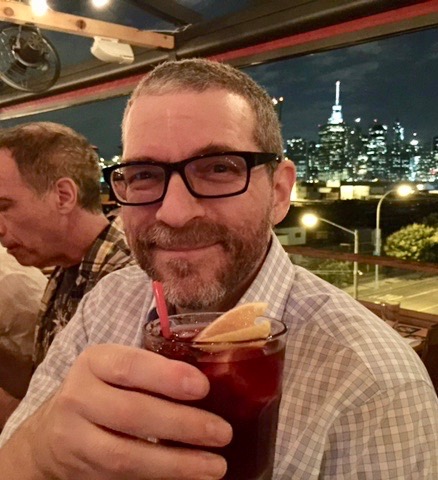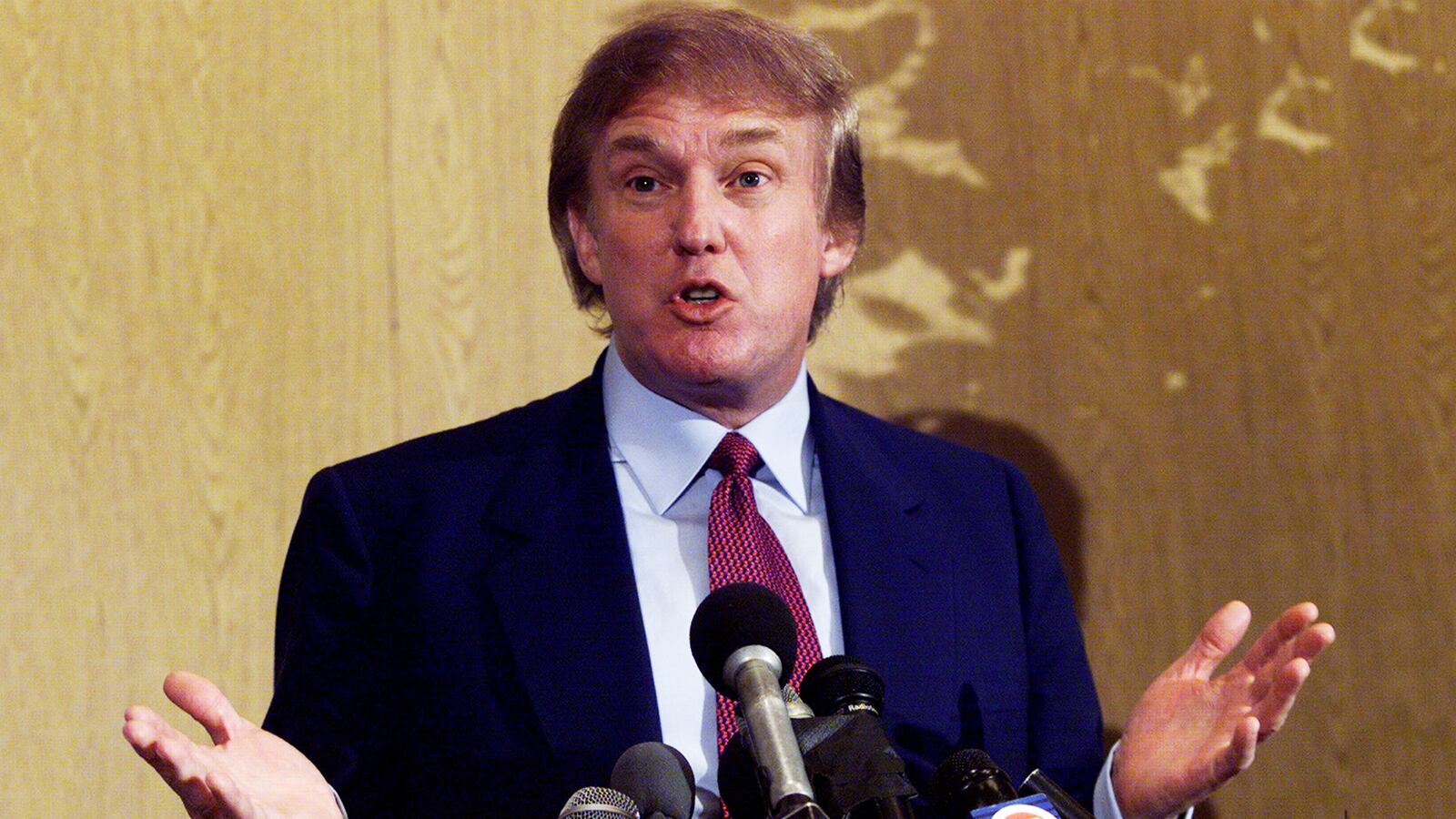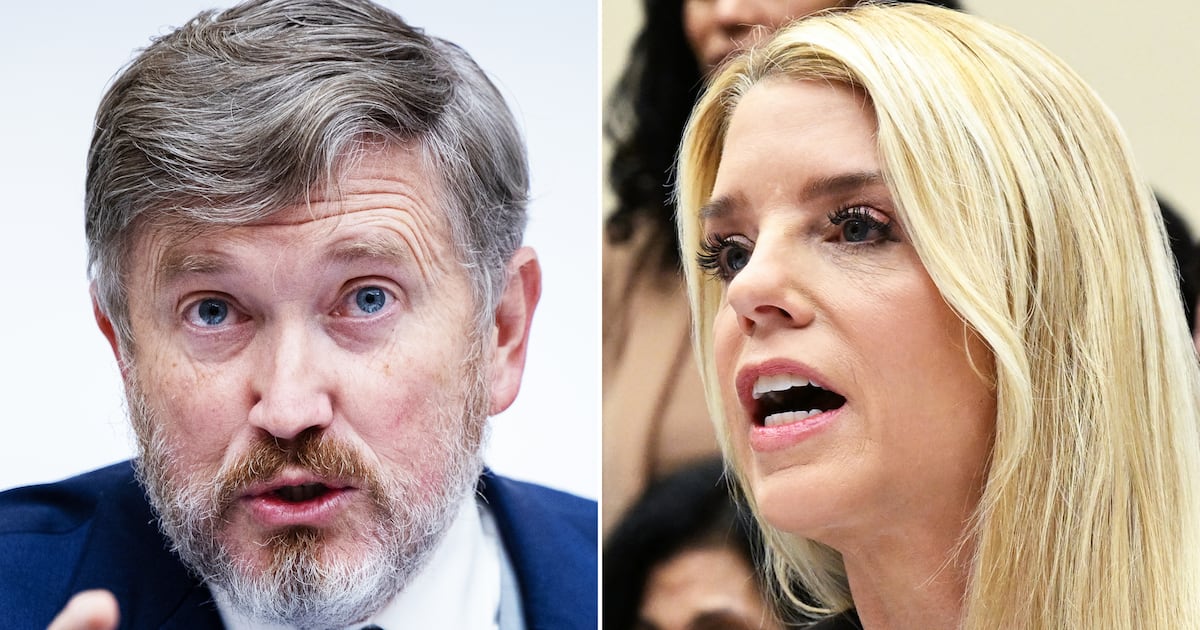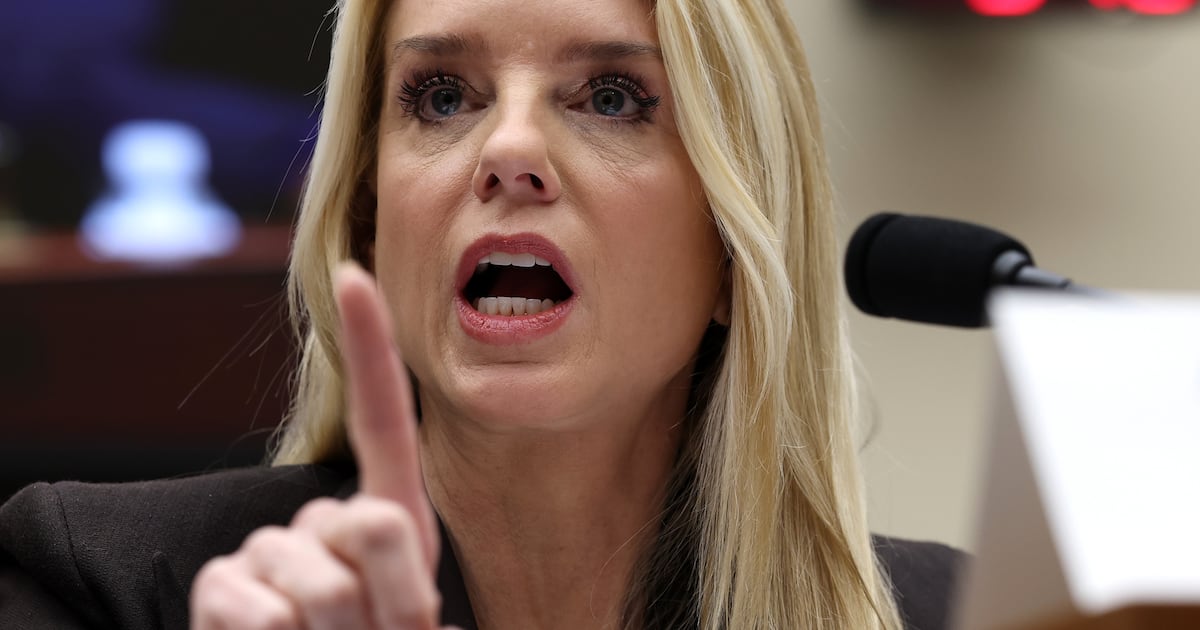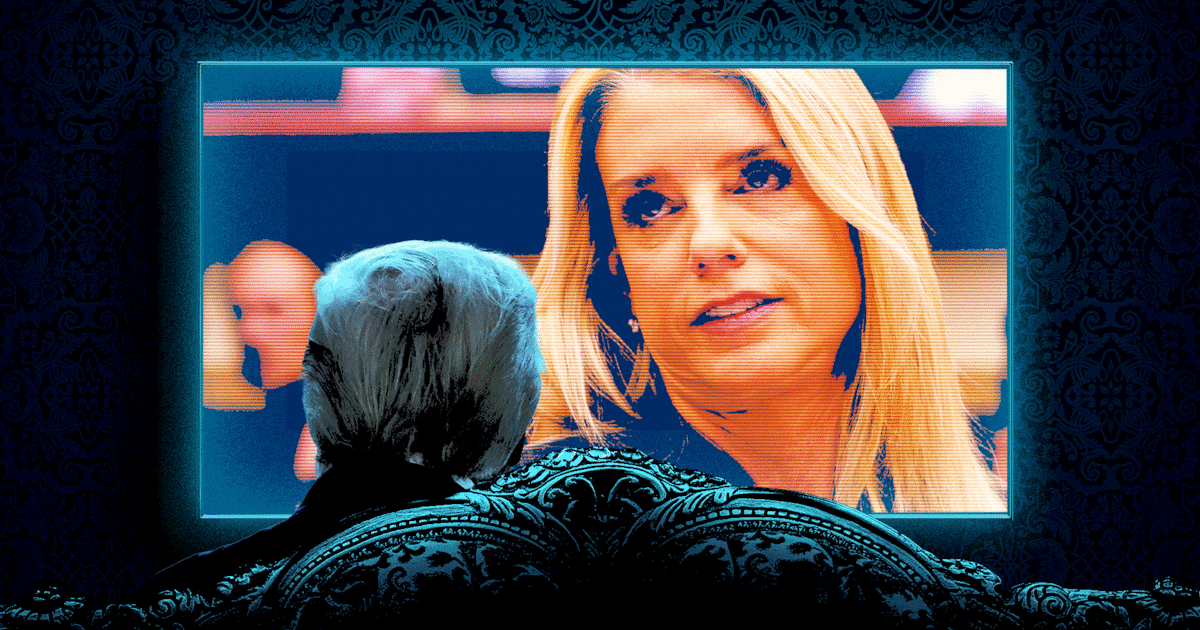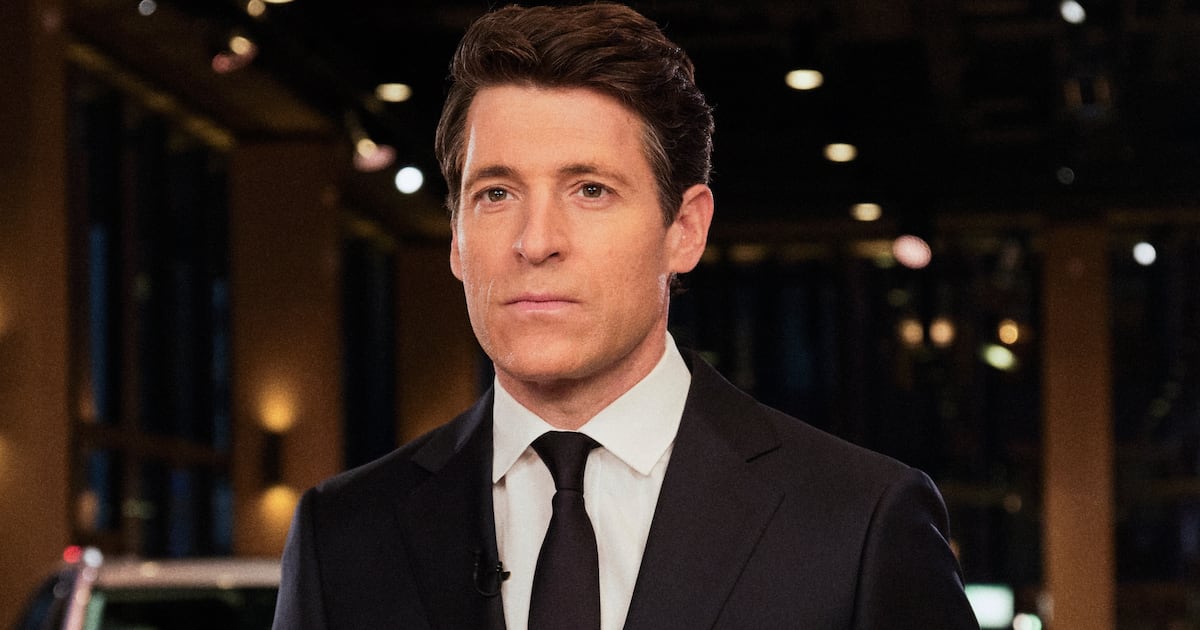He couldn’t have been more gracious. But I should have been more of a dick.
The polite man is Donald Trump. It’s Jan. 5, 2000. And the pre-Apprentice Trump is making one of his periodic flirtations with importance, this time a run for president on the Reform Party ticket. He’s still the frequently bankrupt con man who is a running joke in the New York tabloids (even as they photosynthesize every toxic molecule of carbon dioxide that comes from his mouth)—but now he’s hawking a book, The America We Deserve, and making Grand Pronouncements on the Issues of the Day.
Who am I? I’m the young-ish New York Post reporter sent by my editors to Trump Tower to “cover” the event just in case Trump actually announces he’s running. Spoiler: He wasn’t. It would be another 15 years before he would make his slow escalator descent into the history books.
This is the story about how I failed to do anything to prevent that from happening. Maybe it's just the 20-20 vision of a journalist who understands the game better now that makes me think I could have taken on Trump—asked that perfect question or rattled him about his scaffolding of lies and pomposity—but there’s no question that the 2000 version of me was completely ill-suited for the task: a general assignment runner who never knew where I'd be on any given day, covering a fire in the Bronx, writing a silly feature about ugly buildings or documenting the opening of the first Starbucks in Harlem.
I probably did my job just fine on any given day—but I wouldn't have even been my own choice to cover a president.
The Trump book signing in question came to mind as I was reading The Method to the Madness: Donald Trump’s Ascent as Told by Those Who Were Hired, Fired, Inspired—And Inaugurated, compiled by two fellow New York journalists, Allen Salkin and Aaron Short.
It’s a stunning portrait of Trump from the era when I “covered” him until he declared for president in 2015. Reading it is like revisiting all of the crossroads of your life when you made the wrong decision and then spent the rest of your life regretting it.
My role, of course, is minor. I’m no Maggie Haberman (my former colleague at the Post). And maybe I’m being too hard on myself; nearly everyone in my cohort of reporters should have known—make that should have done—better.
But my experiences with Trump illuminate a broader problem that we all had with him in those days: There was no reason to take him seriously. Since he wasn’t really running, what was the point of asking him about the failed businesses, the failed marriages, the lawsuits by his subcontractors, the affairs, the lies? If he did really run, there would be plenty of reporters to expose him for what he really is (or so I thought at the time).
Lloyd Grove, then a gossip reporter for the Daily News and now editor at large for The Daily Beast, thought the same thing—and seems to have the same regrets. “I didn’t really challenge him on the facts, so I guess in that sense, I was being an enabler and lazy,” Grove says in the book. “But he was a colorful personality. He wasn’t the president of the United States.”
Not yet, at least. So that’s why I asked about germs. Yes, germs.
Trump hates to shake hands, so someone at the Post—probably some grizzled editor molding me into the angle-maker I would eventually become—thought it would be hilarious to ask Trump how he’d deal with the pretty basic rope-line ritual he found so appallingly unhygienic.
And this being a book signing, I’d probably get to ask other questions too. How did I prepare for that possibility? I did not do a thing. I could have at least read through the book, right? I could have picked out the completely ridiculous ideas, like how global trade was hurting America, that, it turned out, Trump would still be parroting 15 years later.
I was a bad reporter. The kind of reporter that Donald Trump eats up. To be fair—to me!—none of the other reporters took off the kid gloves that day. A reporter for the fledgling Pseudo.com asked Trump what he thought about the internet as a potential source for news (he said he saw the potential). Another reporter asked about the death penalty (then as now, Trump believed “strongly” in it). Almost every question yielded a non-answer about the awesomeness of Trump himself.
"If you look at the crowds, the ratings on television have been the highest of anyone by far," he said, when someone asked why he thought he could win the White House. "So if you look at the numbers, this has become very real." (No one followed up to challenge the then-bizarre notion that TV ratings could lead to the Oval Office.)
Only one reporter asked a question based on something in the book—a reference to a passage where Trump talks about creating an "anti-terrorism lottery," literally a national lottery to fund the growing (even then!) counterterrorism budget. Trump just batted it aside, saying, "Not now."
Meanwhile, I had my job to do. So about nine minutes into the book signing—which was covered by CSPAN and is archived here—you hear my thin, reedy voice.
"You seem to have gotten over your aversion to handshakes," I said, failing Journalism 101 by not even framing my comment as a question.
"Do I have a choice?" Trump said quickly.
"How did you get past it...?"
"It's never been an aversion. I just don't think it's the best thing in the world... It's something that a lot of people agree with me on. One of my more popular issues, I think."
"Is it hard for you?"
"It's not hard. It's not necessarily something I'm in love with but it's fine. I do it."
He signed a few more books for his loving fans, some of whom approached the signing table with the classic sign of sycophancy, "I don't know if you remember, but we met once…"
Trump was gracious throughout—that's the art of his deal: As long as people love him, he's happy.
Awash in fandom, Trump turned to me—I was still perched near his shoulder just off camera—to apparently gloat. "A little different from other candidates, don't you think?"
I'm the one supposed to be asking questions, so I was flustered, and only managed to stammer out, "Um, well you're making money." But all that did was play to Trump's vanity all the more.
"I'm the only one," he said. "The only one! Nobody has a clue."
Looking at that long line of people waiting to pay $20 for a book they'd likely never read, I could have asked: "Wait a second, Mr. Trump—are you considering a run for the most important office in the land because you can make money doing it?"
Nope. I lobbed another softball:
"How do you think you'll appeal to Middle America?"
"I really think just as well," he said. "I supply lots of jobs, lots of work, lots of money for lots of families. I think it's the same as here. I think the people that don't like me are rich people. But what are you gonna do?"
What are you gonna do, indeed.
